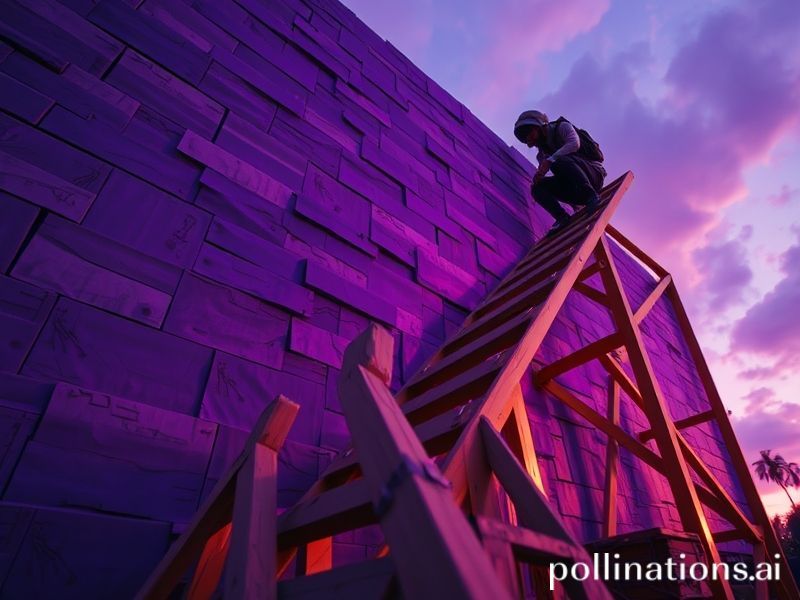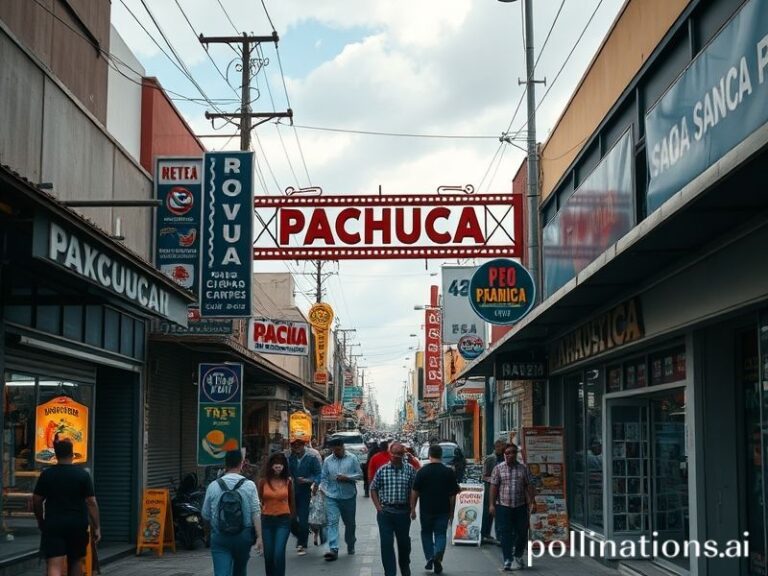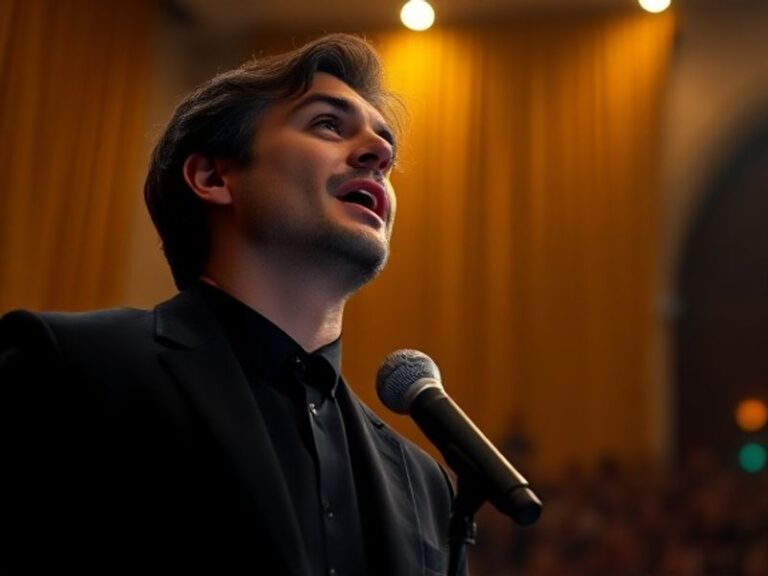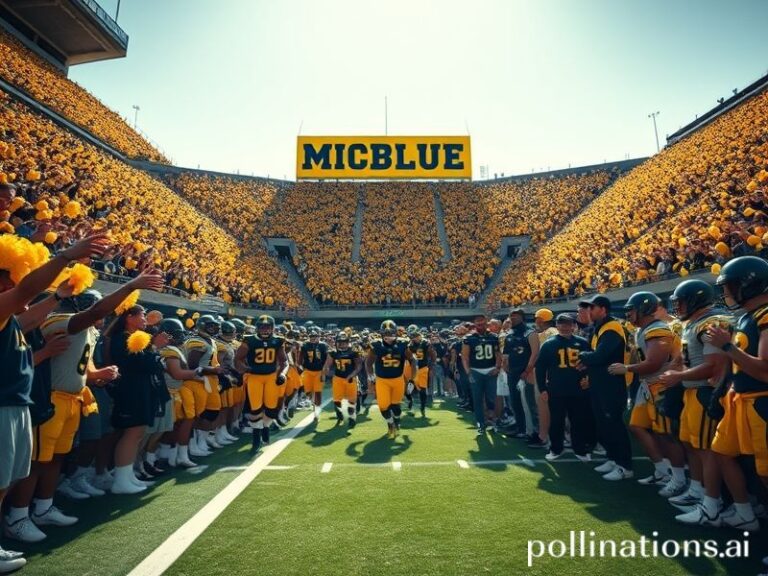Fortnite: The Planet-Wide Cartoon We Can’t Log Off From
Fortnite, the Technicolor Fever Dream the World Can’t Shake
By Matteo “Grim” Bellini, roving correspondent in exile from three continents
It began, as all modern catastrophes do, with a comet. One moment the planet was busy stockpiling micro-plastics and passive-aggressive tweets; the next, 250 million earthlings had been press-ganged into a lurid cartoon war zone where victory dances involve inflatable bananas and no one ever really dies— they just queue again. Welcome to Fortnite, the UN-sponsored-looking peacekeeping force that accidentally became a superpower.
From Reykjavík internet cafés to Lagos data centers, the same ritual repeats: screens bloom like neon poppies, headsets hiss, and twelve-year-olds in São Paulo coach forty-year-old bankers in Munich on how to crank 90s without looking like “absolute bots.” The lingua franca is no longer English but a pidgin of onomatopoeia and meme references, mutually intelligible whether you grew up on rice or rye. It’s Esperanto for the end-times, and the grammar is rage.
Epic Games, the North-Carolina outfit that gave us Gears of War and the delightful discovery that Silicon Valley can weaponize nostalgia, has leveraged this universal grammar into a geopolitical force. The company’s 2020 showdown with Apple over App Store tithes was less courtroom drama than proxy war: two trillion-dollar toddlers squabbling over the allowance money of humanity. When the judge finally ruled, the Kremlin’s press pool barely glanced up; they were busy streaming Travis Scott’s Astronomical concert on the office projector, a psychedelic lightshow that drew 12.3 million concurrent viewers—roughly the population of Belgium having a collective hallucination.
The economic implications are as subtle as a pickaxe to the skull. Skins—cosmetic outfits that confer zero tactical advantage—generated an estimated $9 billion in revenue last year. That’s enough to vaccinate half the planet or, viewed another way, to buy every extant Picasso and still have change for a small Caribbean island. Saudi Arabia’s sovereign wealth fund discreetly acquired a stake in Epic, proving that even Wahhabist princes enjoy flossing after a hard day of diversifying away from oil. Meanwhile, Venezuelan gold farmers sell their in-game winnings for bolívars worth less than the electricity used to harvest them, creating a digital remittance economy that the IMF refuses to acknowledge on grounds that “Victory Royales” don’t appear in the SNA handbook.
Cultural hegemony arrives dressed as a pink llama. In Seoul, the government briefly banned Fortnite from PC bangs over fears it was distracting students from the national pastime of standardized testing; the measure lasted three days, roughly the half-life of adolescent outrage. France, ever avant-garde, integrated Fortnite creative mode into the baccalaureate art syllabus—because nothing screams “future of Europe” like grading a virtual Eiffel Tower built by Kevin, age 17, who mined the stone while humming Billie Eilish.
And then there is war—actual, non-pixelated war. Ukrainian recruitment ads now run inside Fortnite Creative maps, where players navigate a bombed-out Mariupol looking for medkits stamped “From Your Friends in NATO.” Moscow’s response was to dispatch its own branded server, “Fortress Rossiya,” featuring Cyrillic banter and an avatar of Defense Minister Shoigu who drops in riding a bear. Somewhere in the Hague, a junior lawyer is drafting an addendum to the Geneva Conventions about emote spamming in conflict zones.
Of course, the planet’s elites are not content merely to play; they must also moralize. The World Health Organization, fresh from rebranding gaming disorder as a disease, now uses Fortnite’s Party Royale to host “wellness seminars.” Nothing reassures parents like watching their children absorb mental-health advice from a banana in swim trunks who just 360-no-scoped a stranger.
So what does Fortnite’s dominion mean for the anxious project we call civilization? Simply this: we have built a frictionless carnival where national borders are reduced to ping differentials, where the only sanctioned violence is cartoonish and consequence-free, and where the most coveted resource is not oil, water, or rare earths but attention—preferably monetized in seasonal battle passes. The game ends when the servers shut down or the grid flickers out, whichever dystopia arrives first. Until then, drop in, crank those 90s, and remember: somewhere in the metaverse, a hedge-fund quant is tracking your every emote, calculating the odds you’ll buy the next Marvel skin.
Sleep tight, legends.







